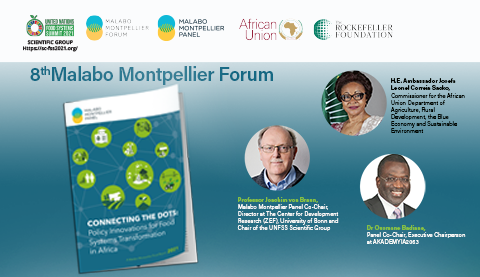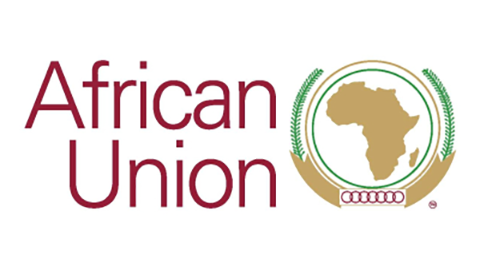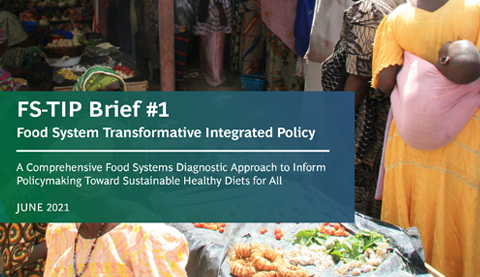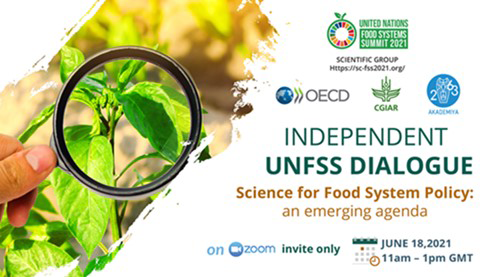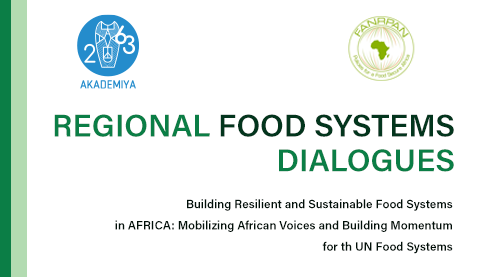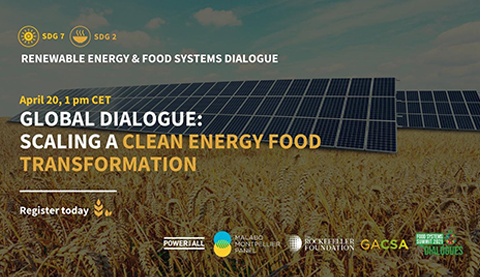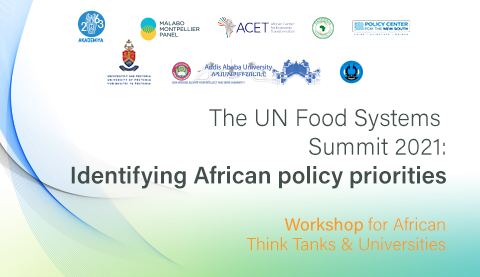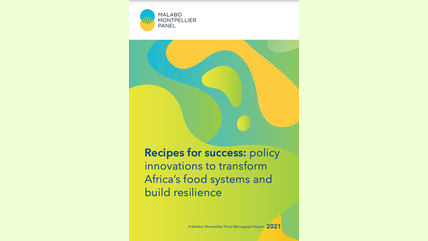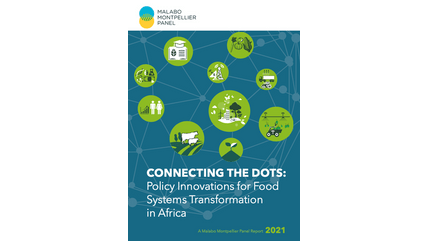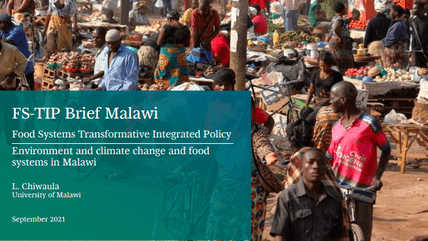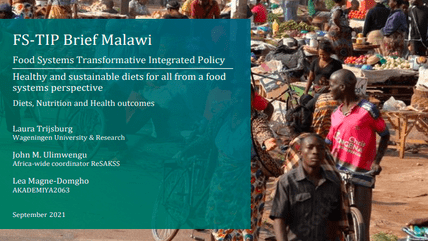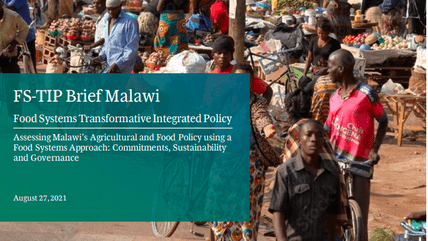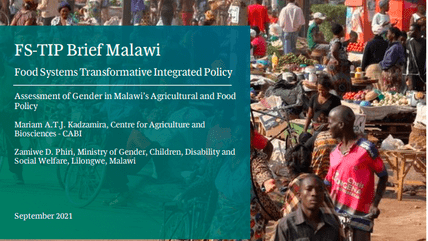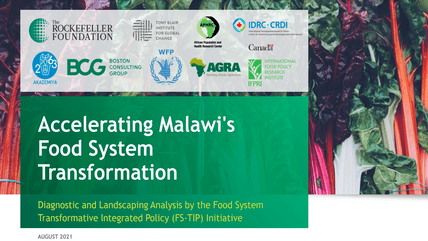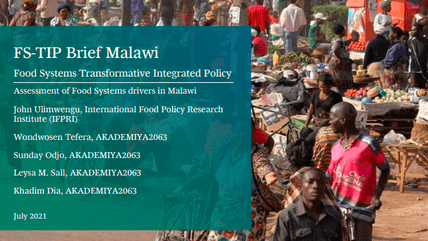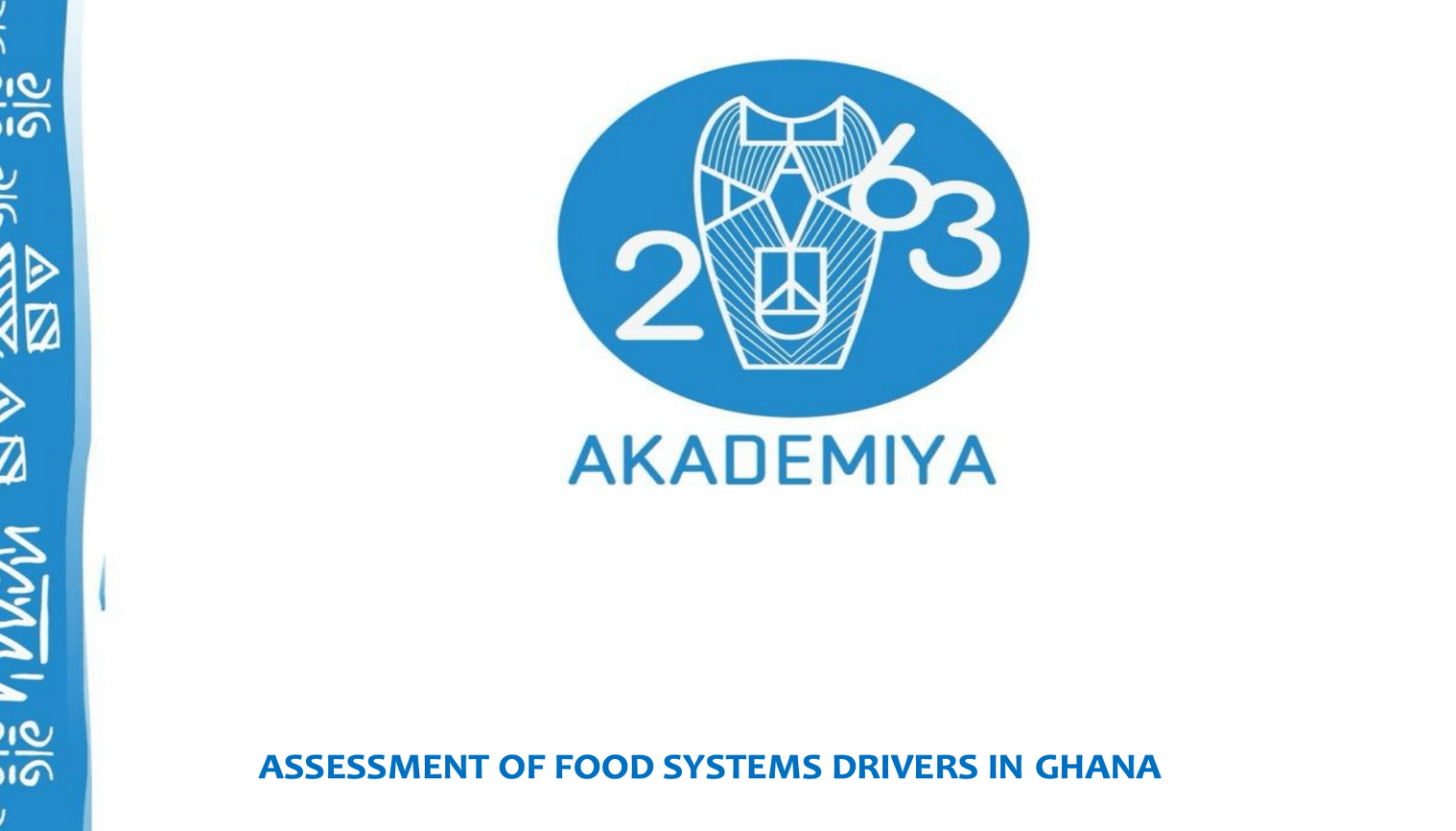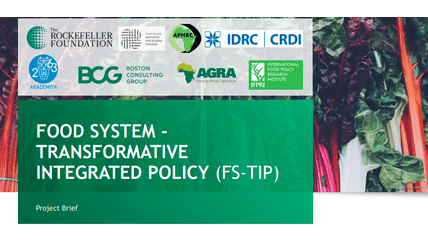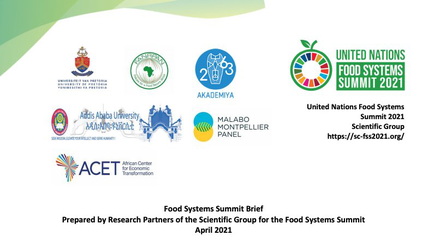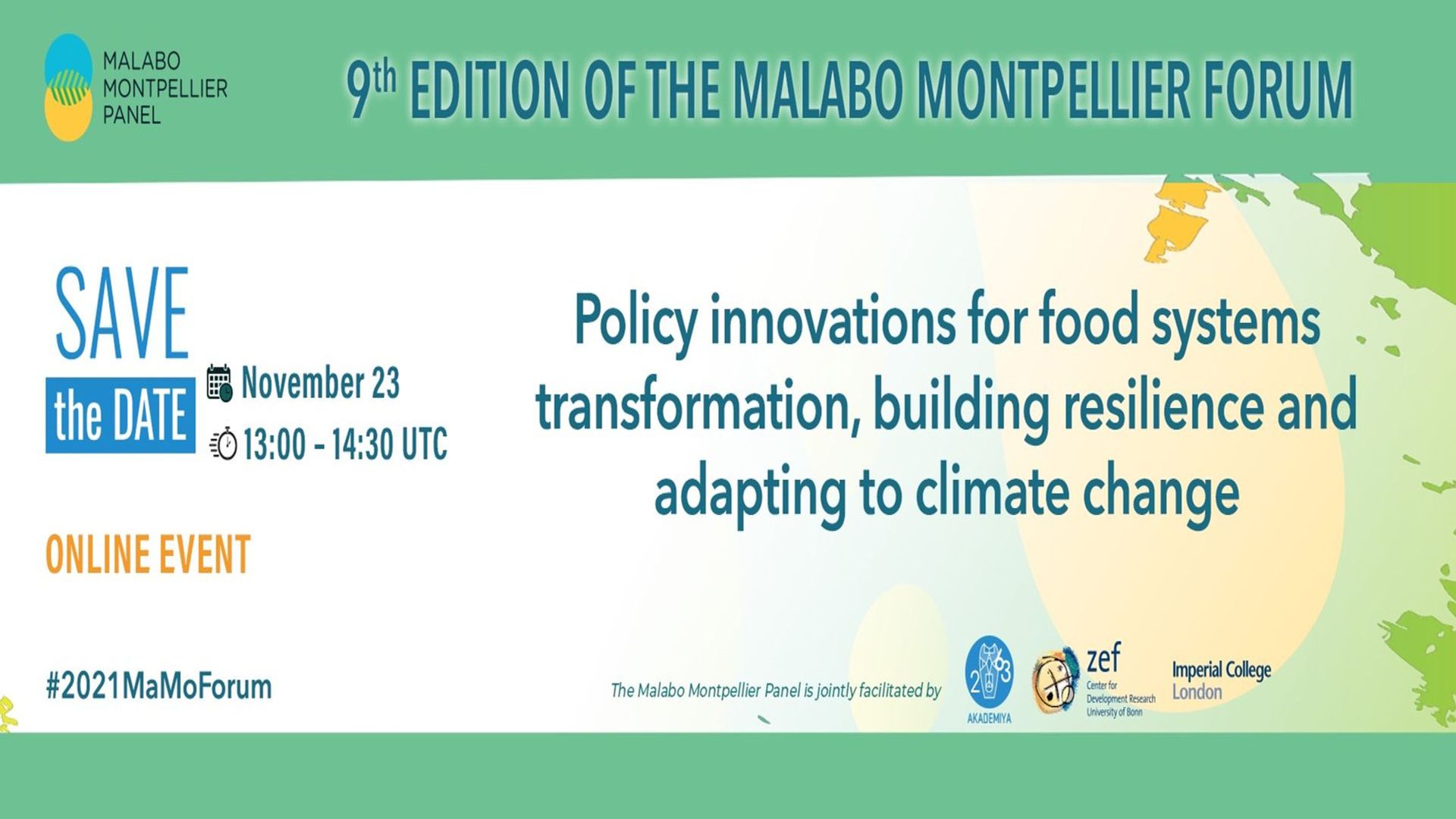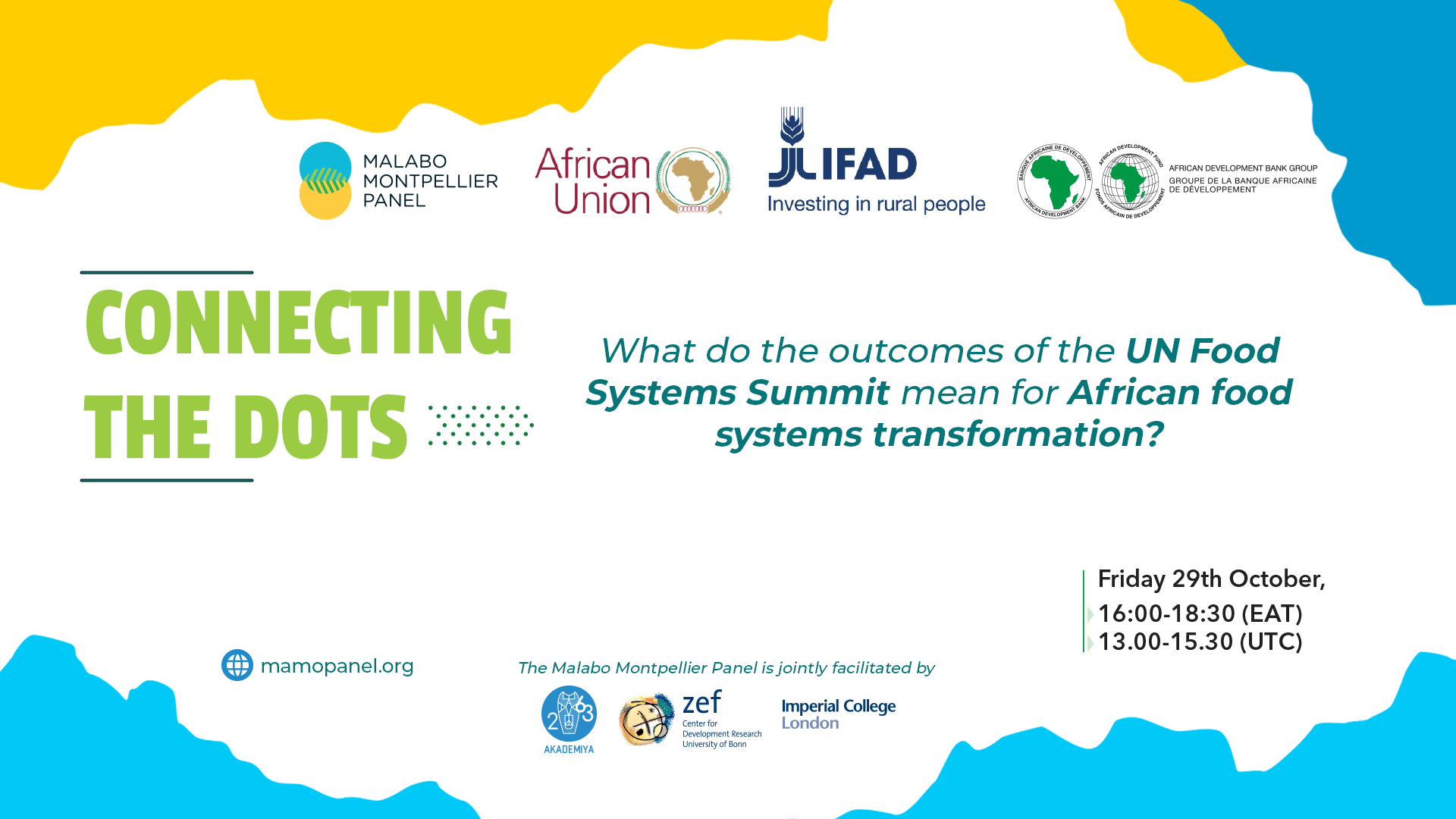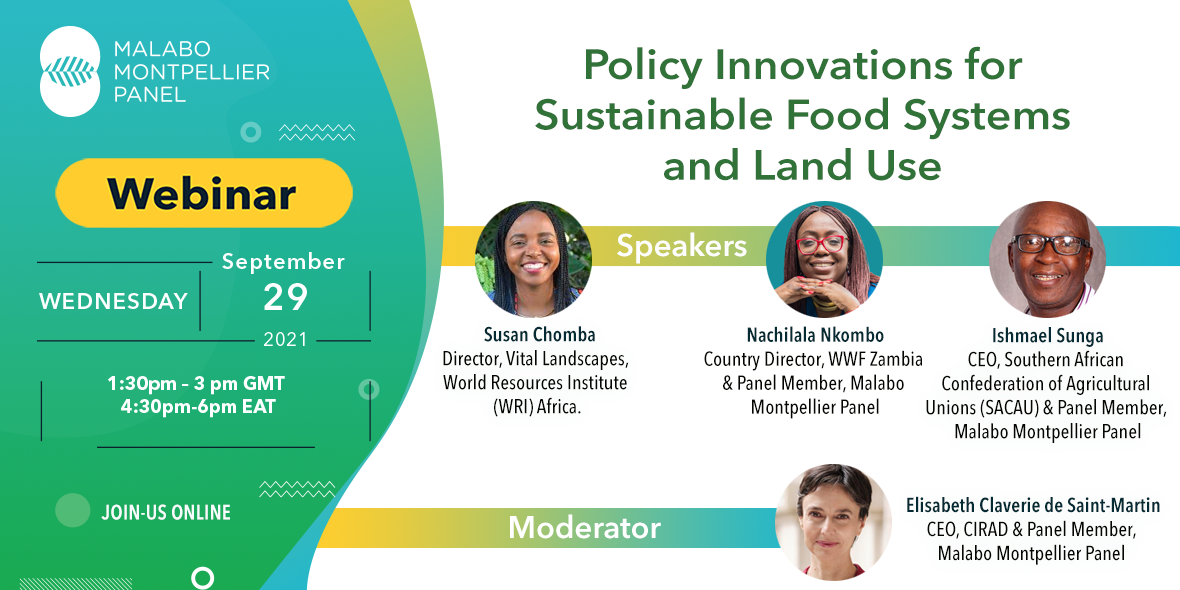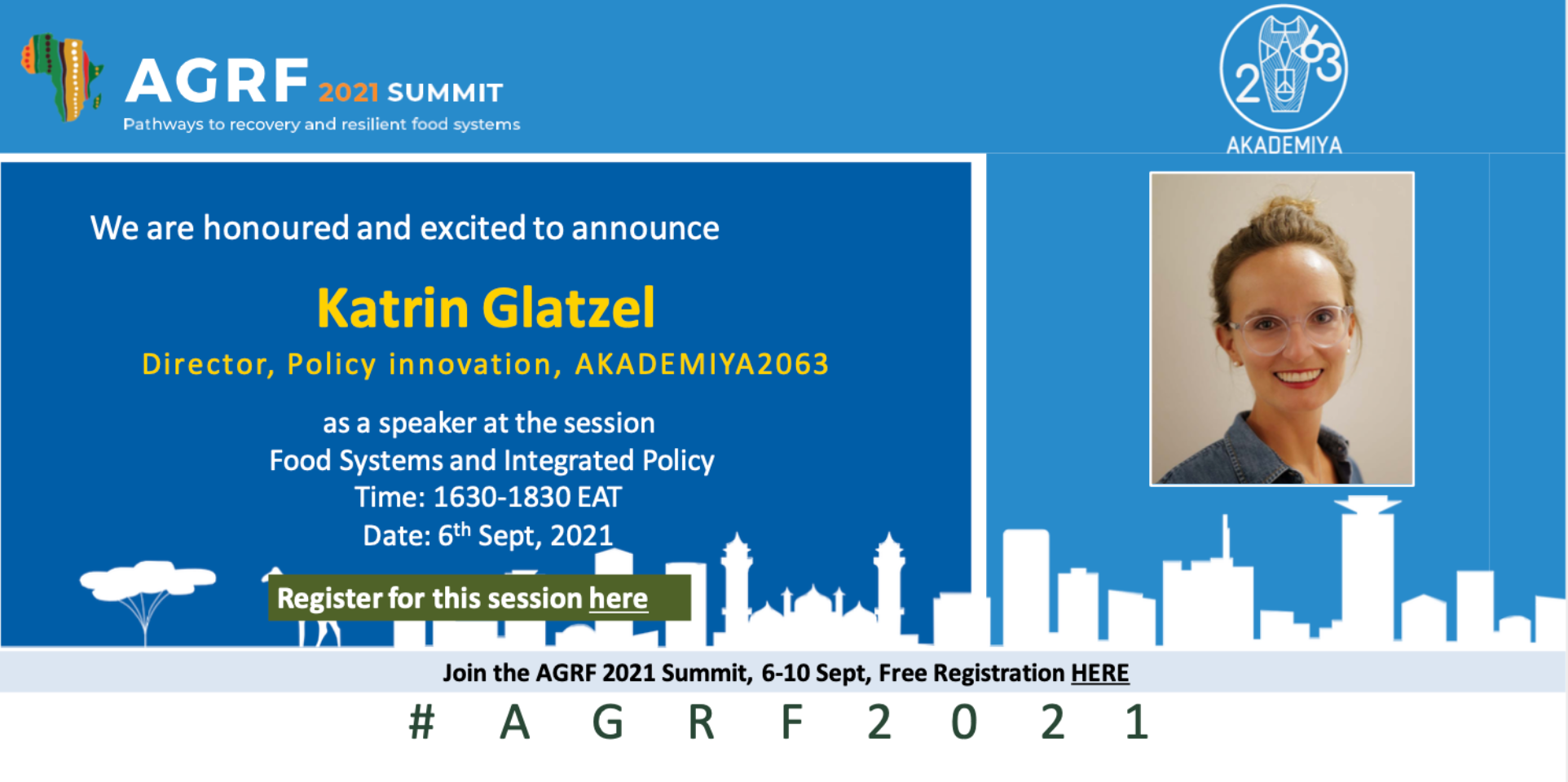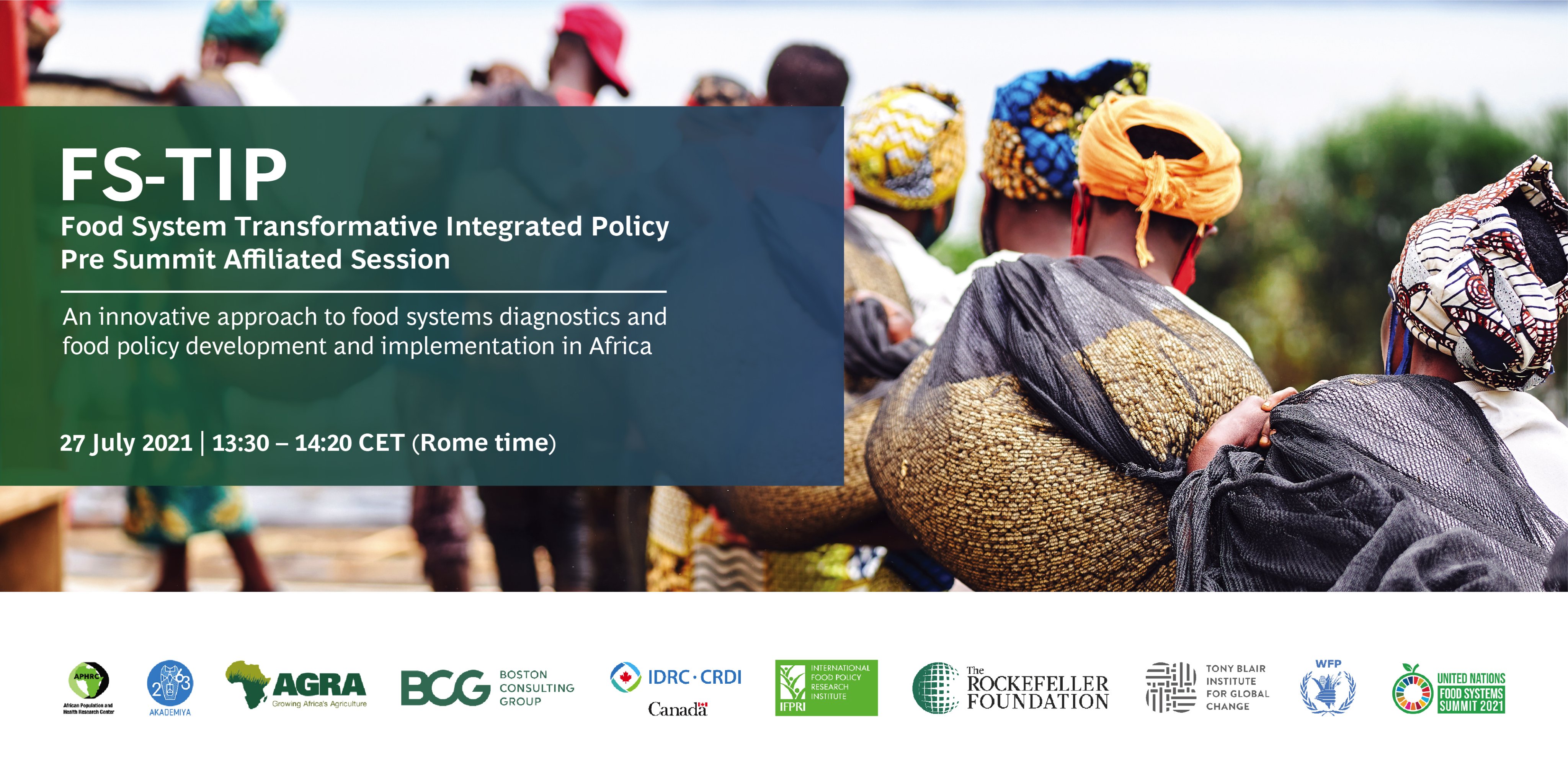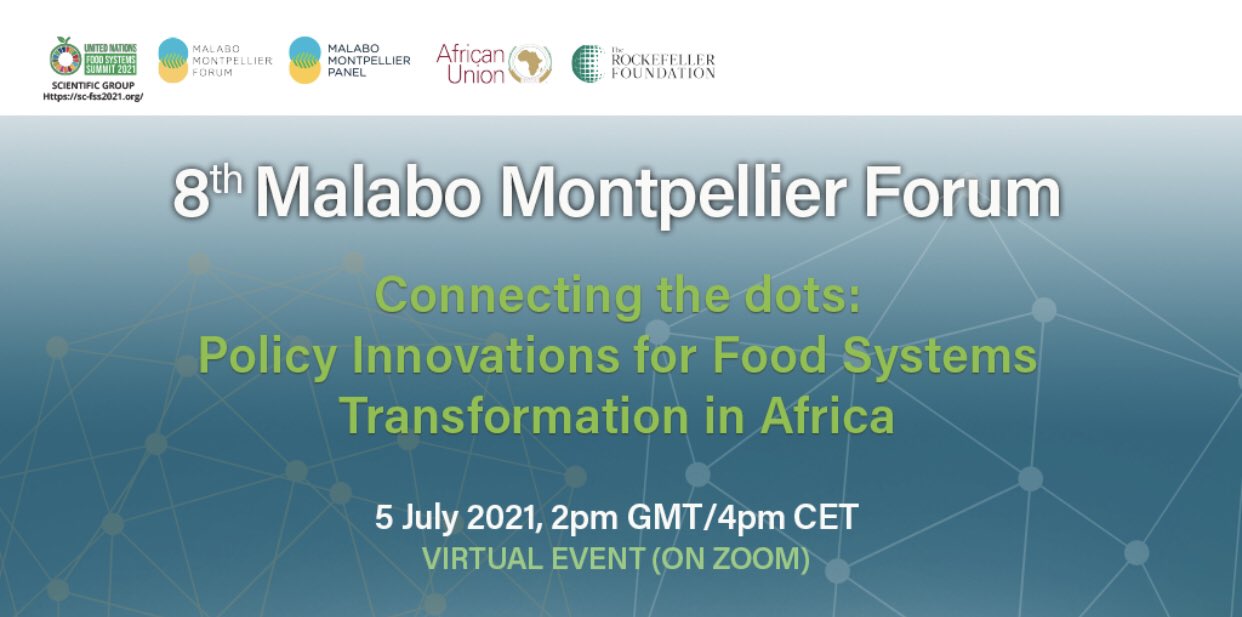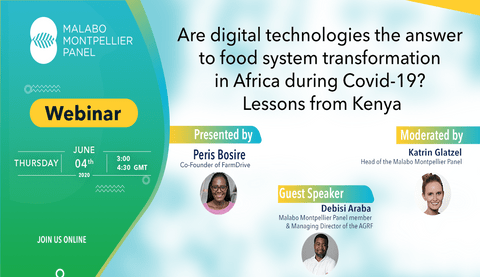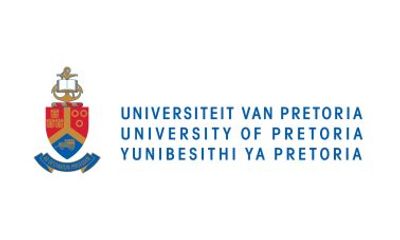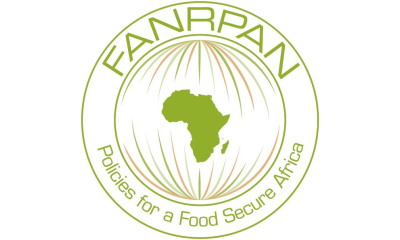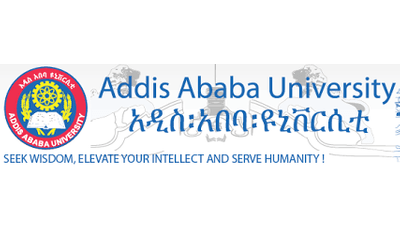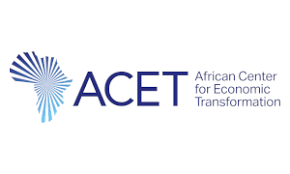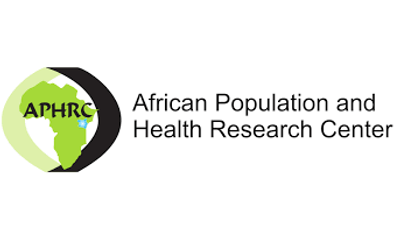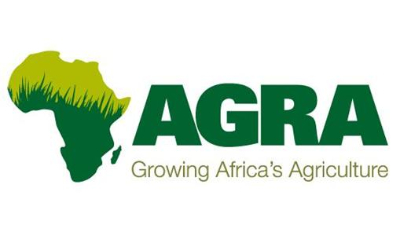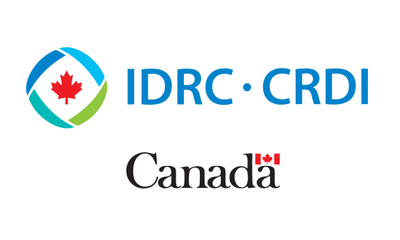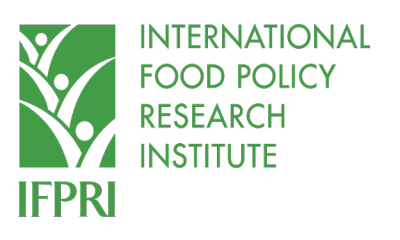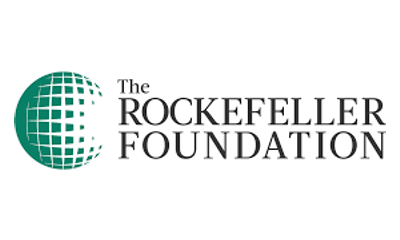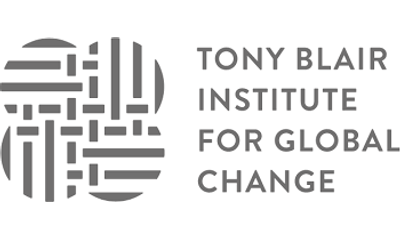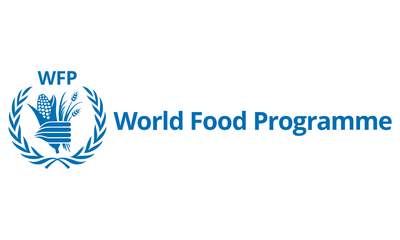AKADEMIYA2063’s portal on food systems transformation and the UN Food Systems Summit 2021 (UNFSS)
AKADEMIYA2063’s portal on food systems transformation provides an overview of the institution’s activities and projects related to food systems transformation and the UN Food Systems Summit on 23 September 2021. The UNFSS is organized in the context of the United Nations Decade of Action to achieve the Sustainable Development Goals (SDGs) by 2030. The Summit will focus the discussions on game-changing solutions to transform food systems across the globe in order to achieve all the 17 SDGs of Agenda 2030. In the African context, food systems transformation will help the continent to achieve the 20 goals of Africa’s Agenda 2063 and the CAADP Malabo goals and targets.
Publications
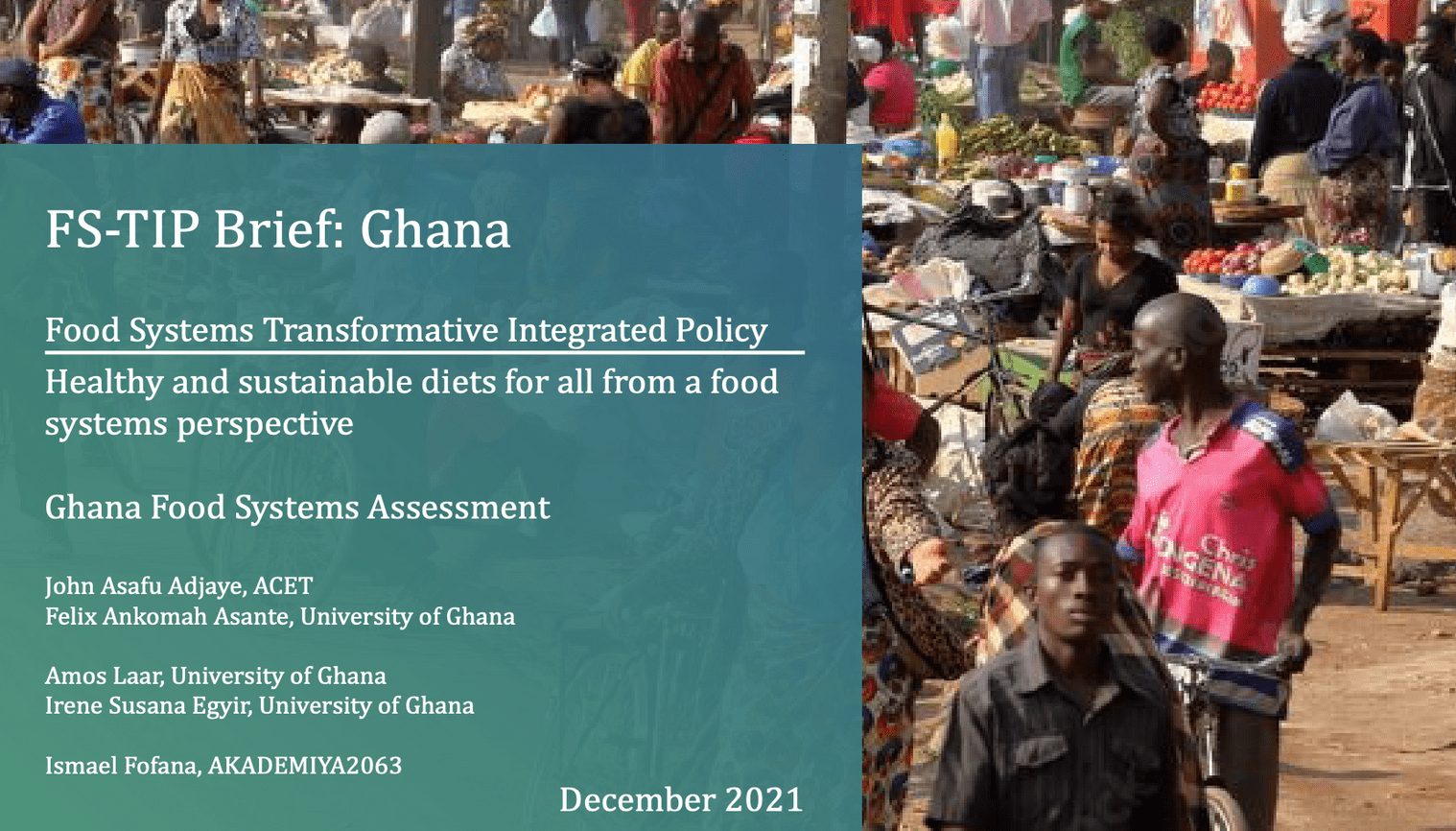
Blogs
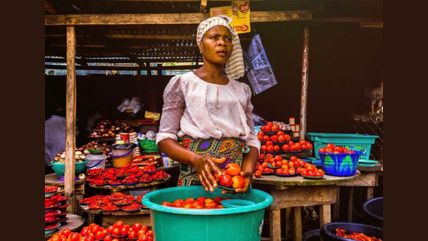
Turning Trade-offs Into Win-wins in Africa’s Food Systems Transformation
Events
Partnerships
AKADEMIYA2063’s activities on food systems transformation are implemented through the Malabo Montpellier Panel, which receives funding from the African Development Bank (AfDB), the German Federal Ministry for Economic Cooperation and Development (BMZ), UK aid from the UK Government, and the United States Agency for International Development’s (USAID) Feed the Future Policy LINK program under the Cooperative Agreement 7200AA19CA00019. The views expressed in the publications do not necessarily reflect those of the funders.
